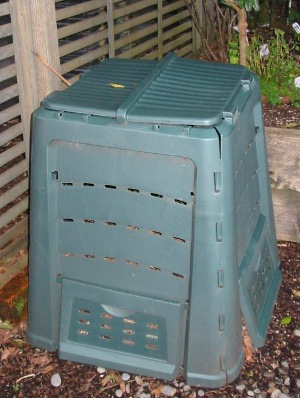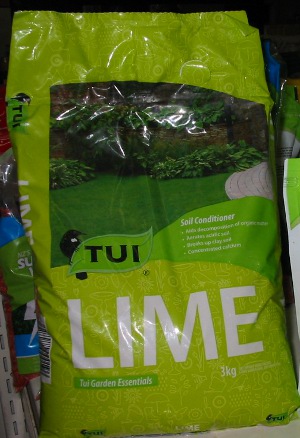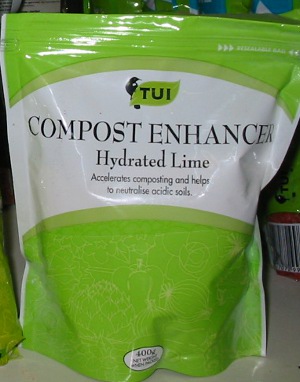Getting Started
Making your own compost may seem daunting to start with but the process is very rewarding and your plants will love you for it. Just follow our guide and you will be a master of composting in now time!
Why compost?
- To reduce the amount of waste we produce.
- Produce an excellent garden fertiliser.
- Saves landfill space and keeps your rubbish costs down.
- Composting is easy and involves little cost.
What to compost?
- Kitchen scraps
- Lawn clippings
- Weeds, except for persistent weeds like oxalis, dock, buttercup or couch (spray free).
- Leaves except for leaves from walnut and pine trees and rhubarb (spray free)
- Animal manure-particularly horse and chicken
- Fish scraps and crushed shells (cover these well to reduce smell)
- Seaweed
- Sawdust, shavings and ashes from untreated timber-in small amounts.
What not to compost?
- Dairy product
- Diseased plant material
- Persistent weeds
- Any weeds and lawn clippings that have been sprayed with weedkiller
- Tree branches or thick woody stem
- Meat or cooking oils-these attract flies and smells.
- Large bones
- Sawdust and shaving from treated timber
7 Easy steps to making compost:
- It's very important to find the right site for a compost heap. It should be in a level, sheltered place with easy access and out of direct sunlight.
- Start with 10-15cm thick layer of coarse, twiggy plant material to ensure good drainage and ventilation.
- Place organic material in layers no more than 15cm deep
- Keep the heap covered to prevent smells.
- Sprinkle a handful of garden lime over the compost every few layers to encourage earth worms and micro-organisms.
- Keep the heap moist in summer but don't drench it.
- When the heap is one metre high or your container full, cover it and leave to mature. If your heap is just out in the open not in a container we recommend covering with old carpet, straw or black polythene.
TIP: Turn your compost in the heap every month or so to speed up the composting process. Compost will take 3-4 months to mature.
Helpful Hints:
- To avoid smells and speed up the break-down process, turn the compost occasionally with a garden fork.
- Using manure, seaweed or garden fertiliser such as Blood and Bone between layers will improve the quality of your compost.
- We stock Watkins compost maker to aid you making the best compost.
|
|
     |





